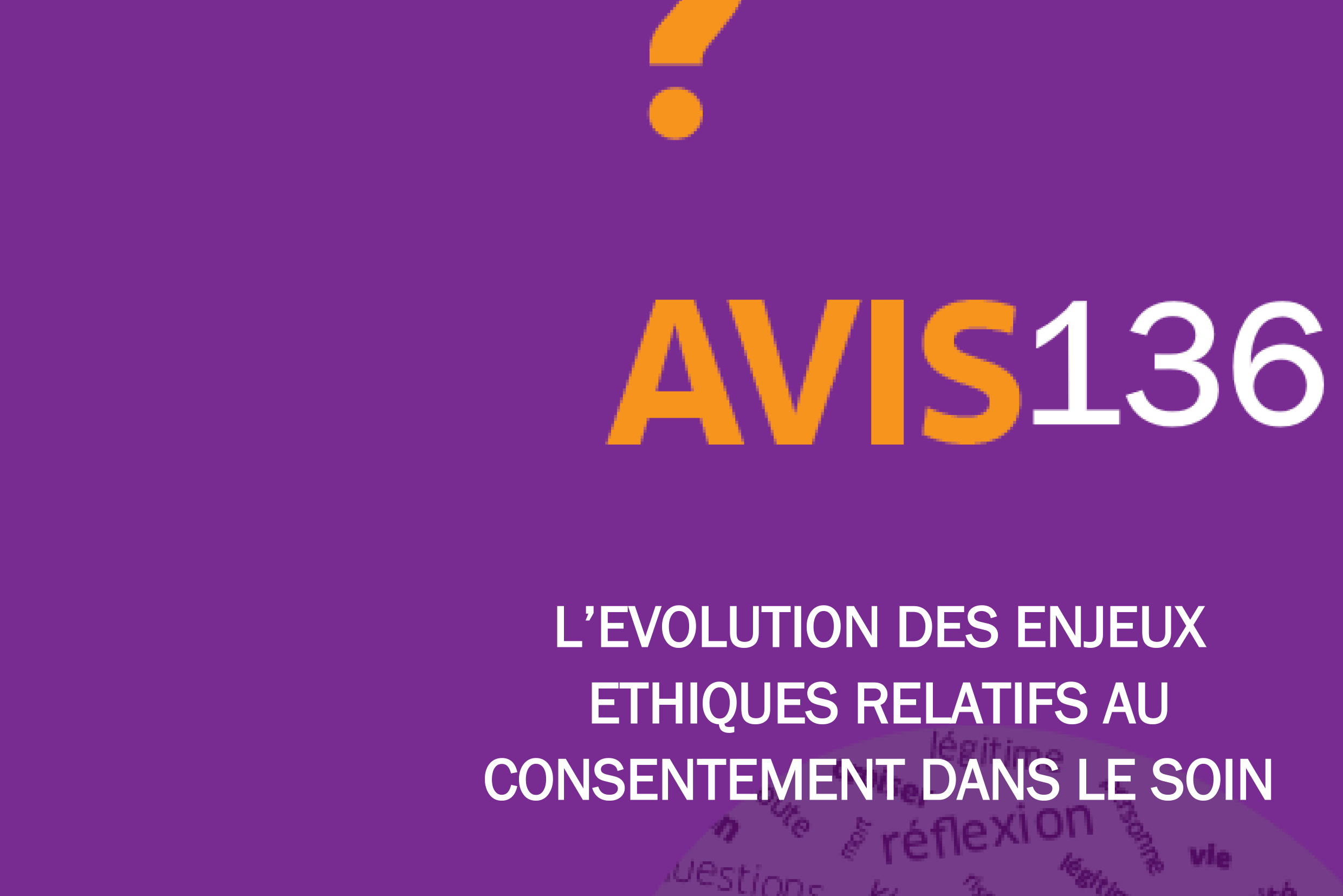TEDDY Network has been mentioned in the Opinion 136 “L’évolution des enjeux éthiques relatifs au consentement dans le soin” of the French Consultative Ethics Committee (Comité Consultatif National d’Ethique – CCNE) related to the ethical issues of the consent especially for vulnerable populations. The opinion is available here in French.
The concept of informed consent has evolved in recent years due to the advances occurred in the medicine and technology and due to the continue sharing of good practices among healthcare and social professionals especially when new vulnerabilities appear.
With reference to children especially within the clinical practise, healthcare professionals must always consider the child degree of maturity, the family background, and the growth degree when asking a minor or his/her parents or legal representatives/caregivers to provide his/her assent or informed consent/s.
Judging the child’s maturity implies evaluating the emerging self-awareness, developing beliefs and values as well as child ongoing cognitive skills and emerging capacity for autonomy. Caregivers must therefore favour a gradual approach focused on transparency and process in case of disagreement with the child.
In this context, the CCNE mentions the joint initiative of the Council of Europe – Committee on Bioethics (DH-BIO) and TEDDY Network to increase the children participation in decision making process regarding their health.
Based on the results of the survey released in January 2021, CoE and TEDDY are developing a guide for healthcare professionals, patients/parents’ association aimed at rising considerations and define common positions on the recognition to be given to the decision-making capacity of children in the health sector.
The guide will consider the right of the child, the rights and responsibilities of the child’s legal representatives, and the child’s interests interconnected with those of their family members.

